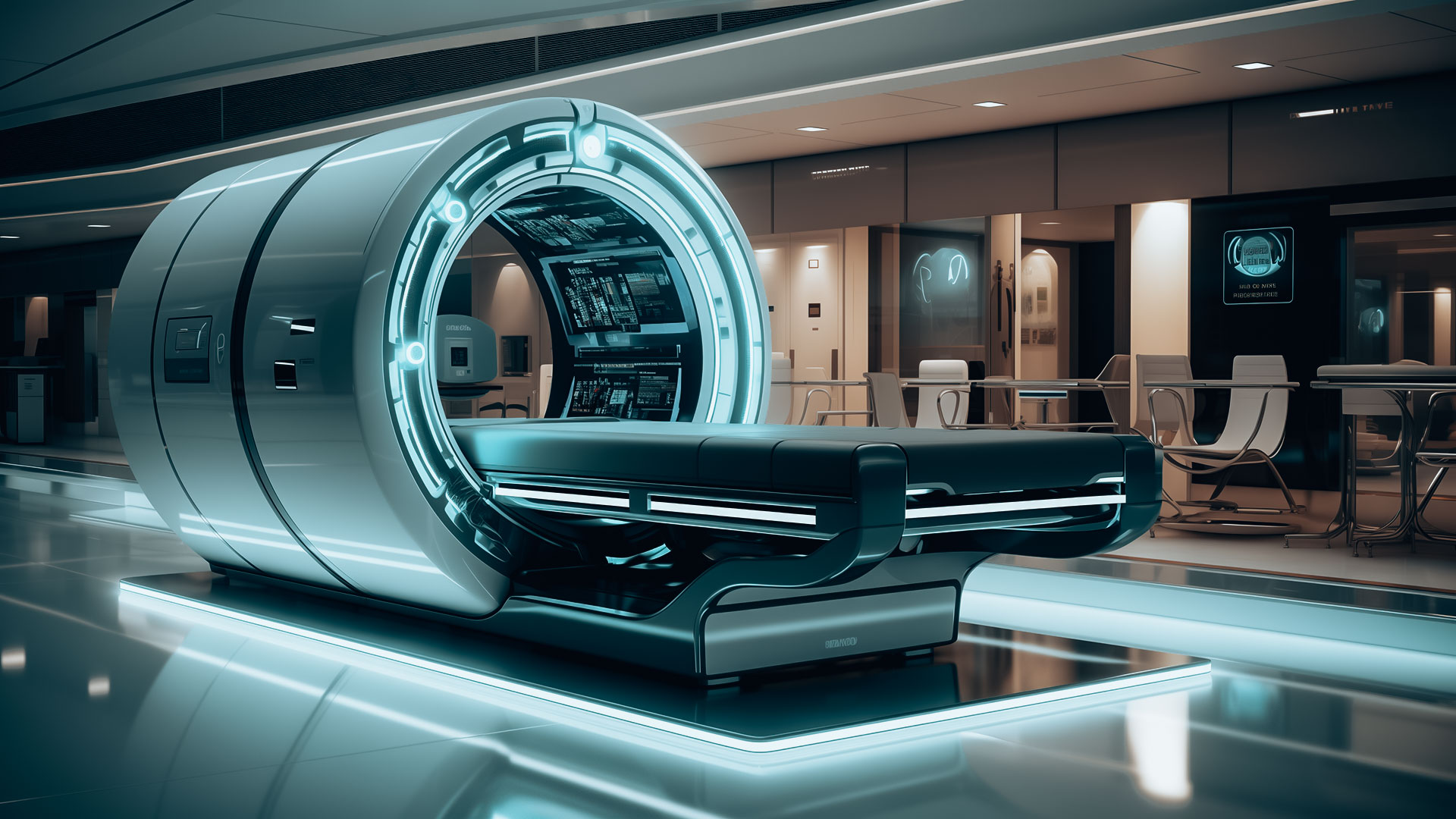GPT-4: A New Era in Healthcare and Radiology
Integrating Artificial Intelligence (AI) in healthcare is not just a futuristic concept but a present reality. One of the most notable advancements in this domain is the emergence of GPT-4, an AI model that’s revolutionizing the field of radiology.
Understanding GPT-4’s Role in Radiology
Critical in disease diagnosis and treatment, Radiology has always relied heavily on imaging technologies such as X-rays, CT scans, and MRIs. GPT-4’s entry into this field marks a significant step towards more efficient and accurate diagnoses. The model’s capability to process and interpret complex radiology reports is one of its most groundbreaking features. By understanding and summarizing these reports, GPT-4 aids in disease classification and offers insights that were previously challenging to obtain.
Breaking New Grounds in Radiology
In collaboration with Nuance, a Microsoft company, researchers have rigorously evaluated GPT-4’s performance in radiology. The findings are astonishing: GPT-4 not only matches but sometimes surpasses the expertise of experienced radiologists in summarizing radiology reports. This breakthrough has implications for improving radiologists’ workflow, ultimately enhancing patient care.
Transforming Report Structuring
A notable challenge in radiology has been the complexity and lack of structure in radiology reports. GPT-4 addresses this by automatically structuring these reports, thus improving their readability and interpretation. This benefits healthcare professionals and aids in research and quality improvement initiatives.
Extending Beyond Radiology
GPT-4’s utility transcends radiology. It can translate medical reports into more empathetic and understandable formats for patients and other health professionals. This feature has the potential to revolutionize patient engagement and education, making it easier for them to participate actively in their healthcare.
Looking Ahead: The Future of Radiology with GPT-4
While the results are promising, further research and clinical trials are necessary to validate GPT-4’s full potential in radiology and healthcare. With human oversight, GPT-4 stands not only to augment but also to transform the field of radiology.
Conclusion: Why GPT-4 Matters in Healthcare
- Enhanced Diagnostic Accuracy: GPT-4 improves the precision of diagnoses by effectively interpreting complex medical imaging.
- Streamlined Workflow: GPT-4 helps radiologists focus on critical aspects of patient care by automating report structuring.
- Improved Patient Communication: The AI’s ability to translate medical jargon into patient-friendly language fosters better understanding and engagement.
References:




